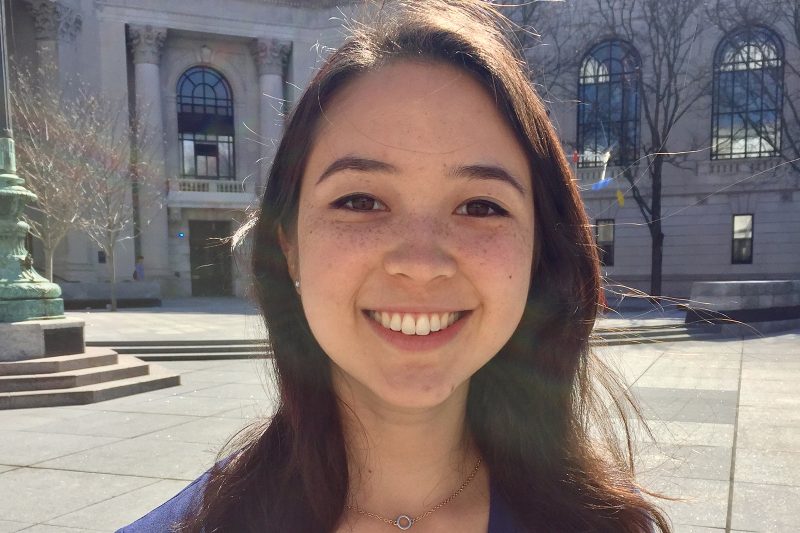Joyce Koltisko, a senior Global Affairs and Economics major at Yale, was recently named a semifinalist for the Bobby R. Inman Award competition, an annual recognition awarded by the Intelligence Studies Project of the University of Texas at Austin. The awards recognize students for outstanding research and writing on topics related to intelligence and national security.
Koltisko received a $2,500 semifinalist award for her paper, “The Current Status of Suspicious Activity Reporting and Considerations for Fusion Centers in the Future Development of the SAR Program,” which proposes greater standardization of suspicious activity reporting collection and analysis criteria to improve the performance of regional intelligence fusion centers and to achieve a sustainable balance between civil liberties and domestic security concerns.
The other three award recipients were graduate and PhD students at the University of Pennsylvania, Northwestern University’s Pritzker School of Law, and Stanford Law School.
Koltisko’s paper was selected from more than 100 entries from students at dozens of U.S. universities and colleges. Papers were evaluated on their academic rigor, clear presentation, creativity, and the potential to contribute positively to the U.S. intelligence community. In addition to the cash awards, the papers will be posted on the Strauss and Clements Centers websites and will be made available to current intelligence practitioners.
Koltisko first learned about the competition from her Global Affairs 392 course, “Intelligence, Espionage, and American Foreign Policy” last fall. Professor Ted Wittenstein encouraged her to submit her paper to the competition. She says she was “shocked, honored and excited” to be selected for the award.
Koltisko, a Manhattan native who grew up in the aftermath of the 9/11 terrorist attacks, says she’s interested in a career related to national security. In her paper, Koltisko wanted to explore why counterterrorism efforts fail, for example, in a case like the Boston Marathon bombing. Koltisko argues that the fusion centers, created after 9/11 to improve information-sharing between agencies, have not been very effective. She suggests that with modifications to existing programs that encourage regular people to call in tips (“If you see something, say something”), fusion centers may better target their counterterrorism efforts.
This fall, Koltisko will be exploring a very different aspect of global affairs, namely food security and hunger in Ethiopia. Her Fall Capstone project will include research for Big Win Philanthropy.
